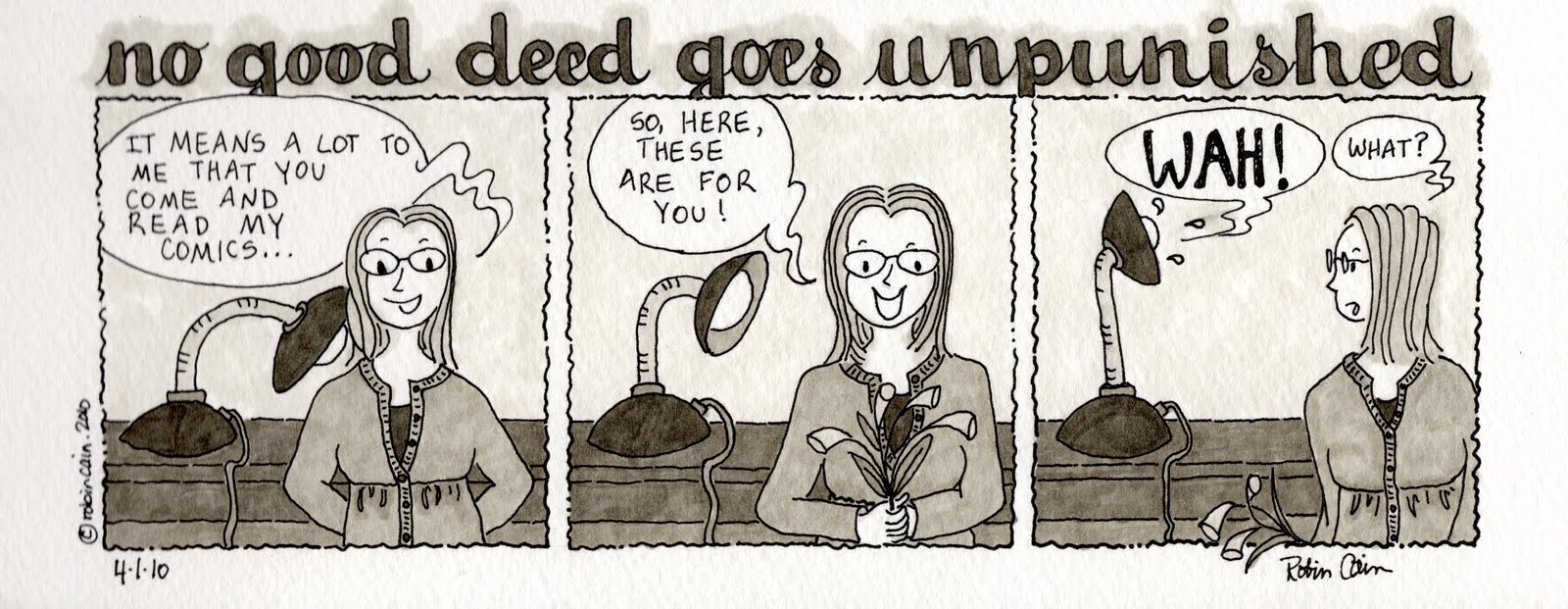

They assessed, too, those volunteers’ socioeconomic backgrounds. For the first few years the researchers assessed their volunteers’ levels of self-control, and also looked for signs of depression, aggression and drug use. Dr Brody and his colleagues followed almost 300 black American teenagers of different backgrounds as they aged from 17 to 22. This research, just published in the Proceedings of the National Academy of Sciences, looked at DNA methylation, a phenomenon which involves the addition of chemicals called methyl groups to genetic material in chromosomes.Ĭells use methylation to shut down genes whose services are no longer needed, and observation has shown that people’s methylation patterns change in predictable ways as they get older-thus acting as markers of a cell’s apparent age. That correlation did not apply to people who started farther up the social ladder.ĭr Brody and his colleagues have followed this study with one that comes to an equally astonishing conclusion: for people born at the bottom of the social heap, self-control speeds up the process of ageing. But if such self-controllers came from deprived backgrounds, they developed higher blood pressure, were more likely to be obese and had higher levels of stress hormones than their less-self-controlled peers. Work published two years ago by Gene Brody of the University of Georgia, who looked at a group of young black Americans, showed that those who exhibited self-control as teenagers did indeed get the expected benefits. Recent observations, however, raise the possibility that developing self-control is not always an unalloyed good. Suhrmann, 8 Utah 2d 35, 37, 327 P.2d 822, 823 (1958).Study after study has confirmed Dr Mischel’s insight, and it is now starting to change public policy-particularly in America, where the Administration for Children and Families, a part of the Department of Health & Human Services, is trying to develop programmes that will teach children the art of self-control. Third, all else failing, always warn those using your things about any known problems or defects. Second, do not allow others to use things that are not in good repair. So, what can you do to mitigate your risk? A few tips. All three scenarios could expose you to liability under the framework set out in Schneider. Or suppose that you provide a home-cooked meal that contains common allergens like peanuts. Or suppose you let your nephew borrow your car knowing that the tires are bald. For instance, suppose you loaned a ladder to a neighbor knowing that one of the steps routinely comes loose. While the wholesaler in Schneider escaped liability, scenarios that potentially could give rise to liability are myriad. In other words, the wholesaler escaped liability because the wholesaler had no knowledge that the retailer intended to sell the pork raw or uncooked. The Utah Supreme Court affirmed a jury verdict in the wholesaler’s favor on grounds that the retailer knew that the pork was raw and unprocessed and otherwise had assured the wholesaler that the retailer would cook the pork before selling it to others. The consumer sued the wholesaler for compensation for the injuries suffered. The retailer then sold the pork to a consumer, who contracted trichinosis, a food-borne disease caused by a parasite, after eating the pork. Suhrmann, in which a wholesaler provided a retailer with raw, unprocessed pork. Third, the supplier fails to use reasonable care to safeguard against the danger or to inform the user of the facts which make it likely to be dangerous. Second, the supplier knows or reasonably should know that the user will not realize the danger.

First, the supplier knows of the chattel’s dangerous potential.

The supplier of a chattel incurs liability for injury caused thereby if three conditions are met. Under Utah law, a person who supplies a “chattel” – a fancy legal term for personal property – to another potentially faces legal liability, if the chattel causes physical injury to the person who uses the chattel. Have you ever loaned a tool to a neighbor to assist with a household project? Or how about a car to a relative to assist with getting to work or school? Or how about provided a homecooked meal to mother who recently gave birth to a new baby? In doing so, did it even cross your mind that your good intentions could expose you to legal liability? If not, it should have.



 0 kommentar(er)
0 kommentar(er)
